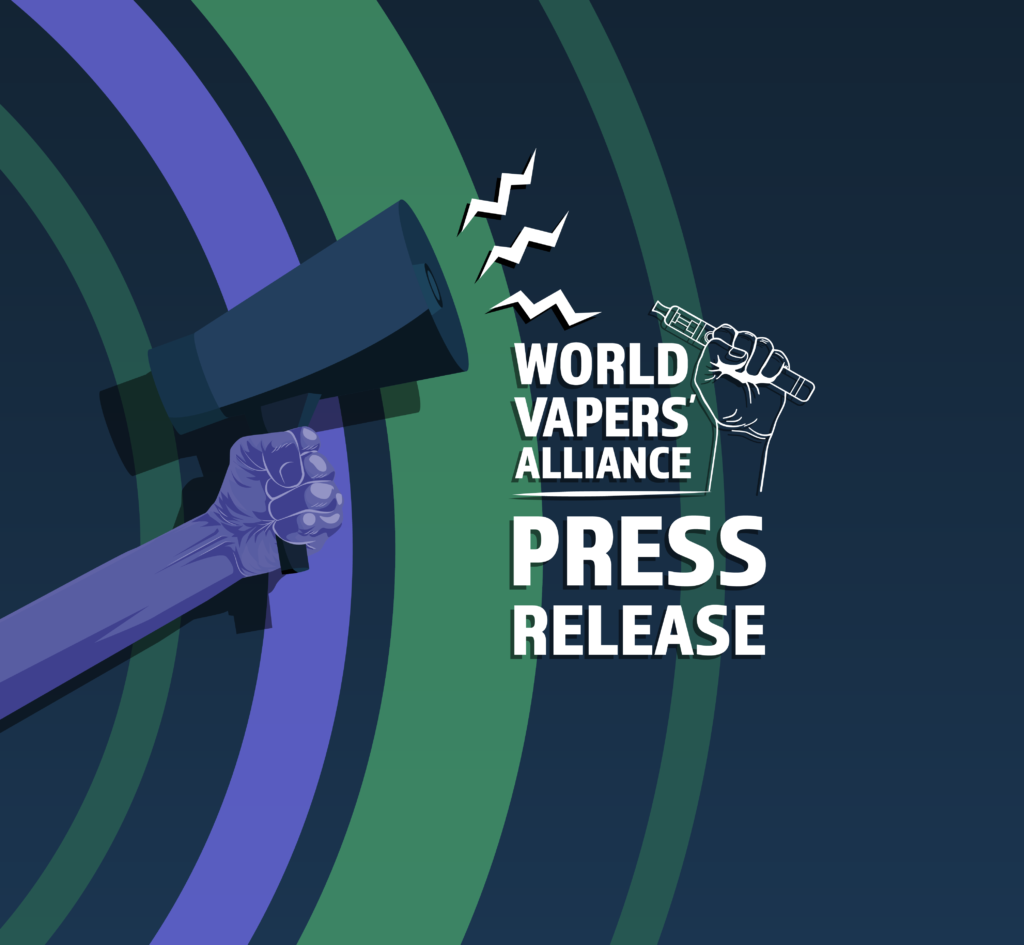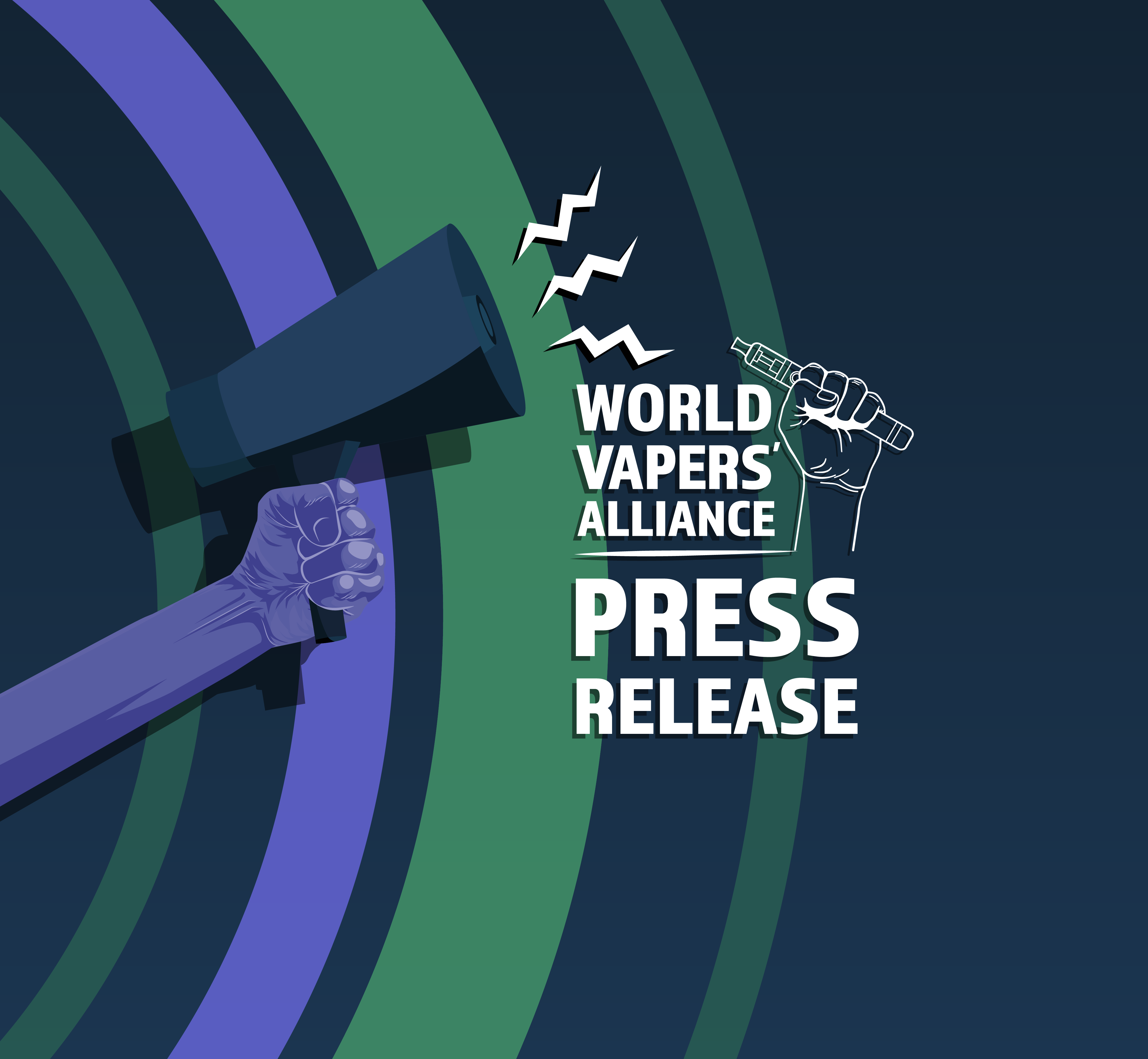[Dublin, 21. september 2023] — I dag annoncerede den irske sundhedsminister, Stephen Donnelly, sin intention om at stramme reguleringen af vaping – herunder et forbud mod engangsvapes og et potentielt forbud mod smagsstoffer. World Vapers' Alliance (WVA) opfordrer politikere til at genoverveje de vidtrækkende konsekvenser, dette skridt ville have for folkesundheden og skadesreduktion. Sådanne forbud modsiger succesfulde skadesreduktionstilgange, der ses i andre lande som Sverige.
Michael Landl, direktøren for WVA, udtaler, "Forbud virker ikke. Det har det aldrig, og det vil det aldrig. Et forbud mod engangsdampe vil ikke fjerne efterspørgslen, men flytte den fra regulerede markeder til det sorte marked, hvilket skaber negative, utilsigtede konsekvenser for folkesundheden."
Forbuddet mod engangsdampere er kontraproduktivt for skadesreduktion, siger World Vapers' Alliance. “"Engangs-e-cigaretter kan fungere som et afgørende springbræt for rygere, der ønsker at holde op,"” kommentarer Landl. “"De tilbyder en nem indgangsvinkel, og mange forbrugere overgår med tiden til åbne systemer. Det er afgørende for folkesundheden at gøre den vej fra rygning til vaping så friktionsfri som muligt. Selvom cigaretter, der er kendt for at være ekstremt skadelige, stadig er let tilgængelige, trodser det logisk at forbyde et mindre skadeligt alternativ, 95%."”
Vaping-smage er meget brugt af voksne vapers at bevæge sig væk fra cigaretter, og forskning viser, at deres brug kan øger oddsene for at holde op med 230%. At begrænse smagsvarianter vil bare drive mange dampere til at miste interessen. til det sorte marked eller tilbage til rygning. For eksempel forbød Estland smagsstoffer i 2020, men der er beviser for, at et flertal af vapers fortsatte med at bruge dem, enten ved at lave deres egne væsker eller ved at ty til det sorte marked.
Michael Landl, direktør for World Vapers' Alliance, understregede smagsvarianters afgørende rolle i at hjælpe rygere på deres rejse mod at holde op. “"At forbyde smagsvarianter ville betyde katastrofe for rygere, der ønsker at holde op, nuværende dampere og folkesundheden. Det er vigtigt at tilbyde en række forskellige smagsvarianter, så rygere kan klare overgangen. At forbyde smagsvarianter ville lede utallige irske forbrugere tilbage til rygning. Dette ville være en unødvendig hindring på vejen mod et røgfrit Irland."”
I mellemtiden har Storbritannien bredt anerkendt vaping som et rygestopværktøj gennem sit "Swap-to-Stop"-program, der er forpligtet til yderligere at reducere rygerater og omfavne vaping som et skadesreducerende værktøj.
Landl tilføjer, “"Lande med en åben tilgang til skadesreduktion, som Sverige, der for nylig reducerede skatter om snus, og Storbritannien har med succes reduceret rygerater ved at være åben over for mindre skadelige alternativer. I stedet ignorerer minister Donnelly videnskaben og andre landes erfaringer. Med disse politikker risikerer han at lede Irland yderligere ad den kontraproduktive vej mod forbud og undlade effektivt at håndtere den mest skadelige form for nikotinindtag - rygning."”





